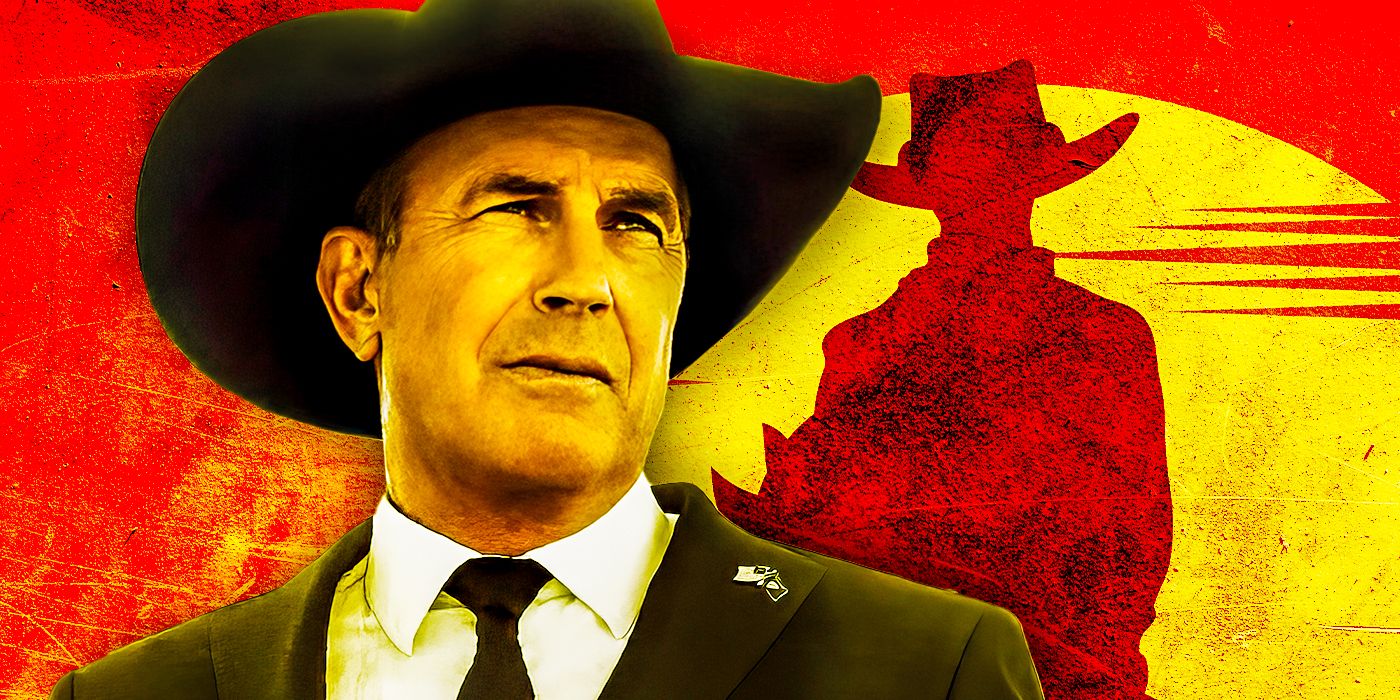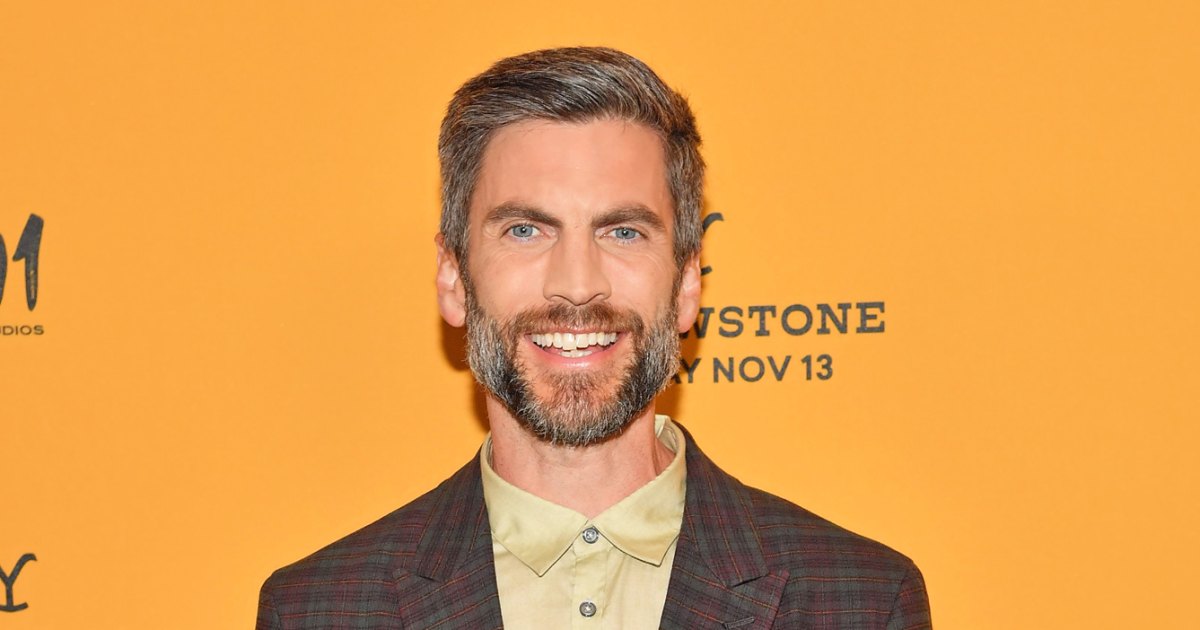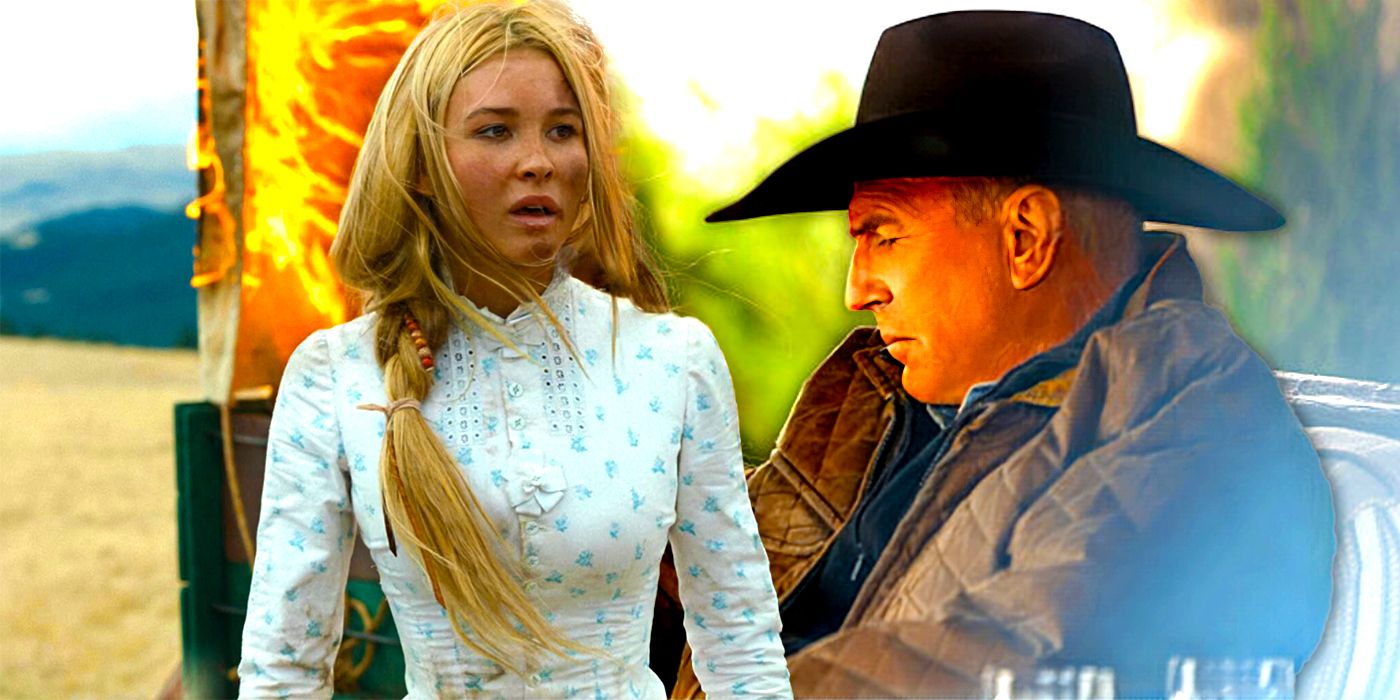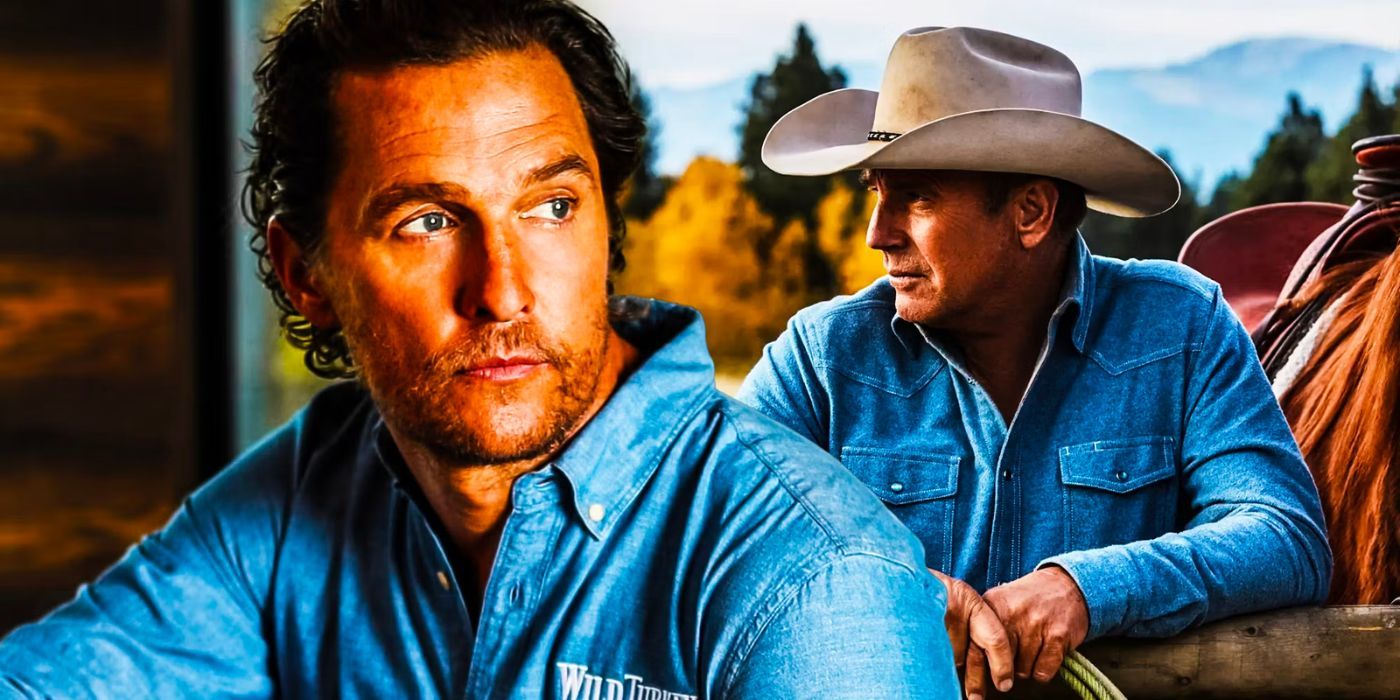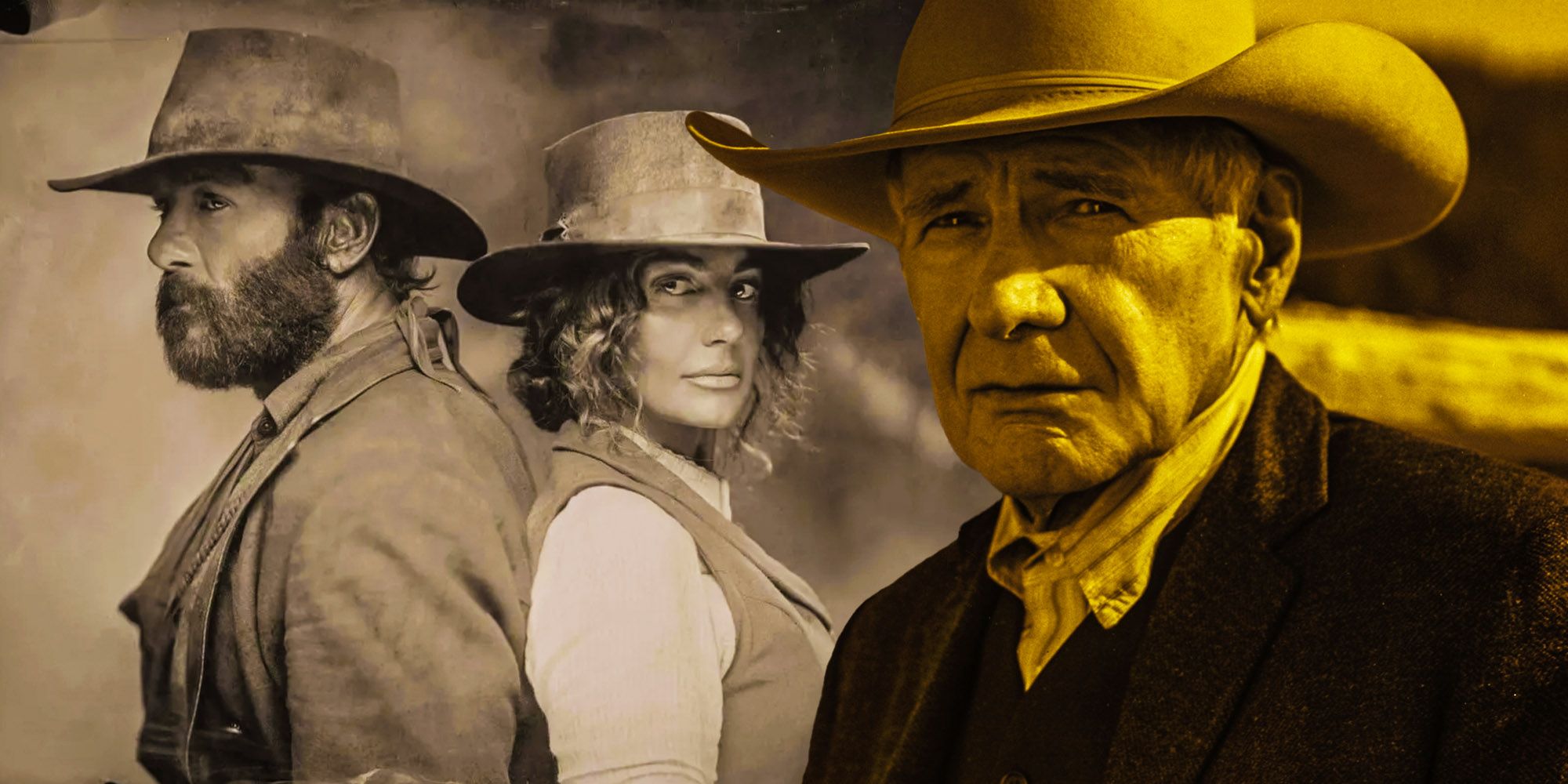
The Controversy of Yellowstone: Why Critics Hate It and Fans Love It

Exploring the polarizing reception of the Paramount Network's hit show Yellowstone, and the reasons behind critics' negative reviews and audience acclaim.
The Success of Yellowstone
Yellowstone, a Western drama set in modern-day Montana, has captivated audiences with its gripping portrayal of the Dutton family's struggle to maintain power over their vast ranch. Created by Taylor Sheridan, the show quickly became a breakout hit and has spawned multiple spinoffs, including 1883, 1923, and the upcoming shows 6666 and 2024. Despite its popularity, the impending end of the show with Kevin Costner's departure has sparked discussions about its impact and reception.
Custom image of Kevin Costner as John Dutton in Yellowstone
In a recent appearance on The Joe Rogan Experience, Taylor Sheridan addressed the negative reviews Yellowstone received from critics. He attributed the initial dislike to the perceived lack of a cohesive plot, stating that the show was intentionally designed to defy conventional storytelling. Sheridan's candid remarks shed light on the deliberate approach taken in crafting a narrative that challenges traditional expectations, leading to a divergence in critical and audience opinions.
Sheridan's bold assertion that the show was 'made for critics to hate' has ignited debates about the role of critics in evaluating media and the impact of unconventional storytelling on audience reception. The show's success and the polarizing nature of its reviews have sparked widespread interest in understanding the reasons behind the divide between critics' assessments and audience acclaim.
Critics' Views vs. Audience Reception
Despite Taylor Sheridan's remarks about critics' negative reception, a closer examination of Yellowstone's critical reception reveals a complex and nuanced narrative. The show currently holds an average critical score of 84 percent on Rotten Tomatoes, with season 3 earning a perfect 100 percent critical score. This indicates a substantial level of critical acclaim and recognition for the show's compelling storytelling and character depth.
Sheridan's reference to The New York Times' questioning of the show's popularity is met with scrutiny, as it overlooks the paper's tendency to analyze the appeal of widely respected media across various genres. While early seasons of Yellowstone faced mixed critical reviews, subsequent seasons have garnered improved scores, suggesting a notable evolution in the show's narrative and character development.
The contrasting reception between critics and audiences underscores the show's ability to resonate with viewers despite initial skepticism from critics. The ongoing discussions surrounding the show's critical reception and audience adoration reflect the enduring impact of Yellowstone on contemporary television and storytelling.
Evolution of Critical Reception
The critical reception of Yellowstone has undergone a notable transformation since its debut season. Initial reviews of the show's first season were marked by criticism of its narrative coherence, character depth, and pacing. With subsequent seasons, the show has witnessed a marked improvement in critical scores, indicative of a refined and well-developed storytelling approach that resonates with audiences.
Sheridan's explanation for the initial critical backlash sheds light on the deliberate defiance of conventional plot structures and the exploration of complex themes within the Western genre. This deliberate departure from conventional storytelling elements has sparked debates about the role of narrative innovation in challenging critical expectations and redefining audience engagement.
As Yellowstone's fifth season, part 2, approaches, the show's evolution from early critical skepticism to widespread acclaim reflects the transformative impact of innovative storytelling and character-driven narratives. The ongoing legacy of Yellowstone and its enduring impact on the Western genre continue to shape discussions about the intersection of critical assessment and audience appreciation in contemporary television.
